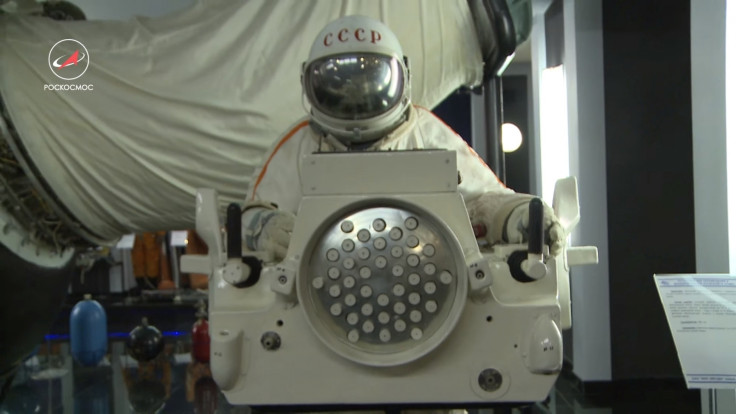A cosmic ride? Russians are working on a futuristic 'motorcycle' to move around in space
The Russian space agency Roscosmos has posted a video detailing the futuristic motorcycle project.

The Russians are developing a space motorcycle, a technology-rigged vehicle that could enable quick space rides sometime in the distant future.
On Tuesday, 6 February, the Russian space agency Roscosmos posted a video detailing the weird motorcycle project. The idea is to develop a vehicle that would enable spacefarers to drive around in the cosmos, without the fear of floating away from their spacecraft and crew members.
The futuristic vehicle, as seen in the animated clip, would propel cosmonauts from point A to B but is nothing like the motorcycles we have known and seen.
There are no wheels and the whole thing appears more like a technology-rigged chair from a sci-fi movie featuring hand-controlled levers to change direction and a control box in between.
The astronaut strapped on the vehicle would then be able to use the whole thing and propel himself in whatever direction he wants.
While the idea of riding freely in zero gravity sure sounds interesting, there is no word on when a vehicle like this might become a reality.
The Russians have been working on this tech since the 1960s but have made little headway. The first prototypes were developed by Tomilino-based manufacturer Zvedza and since then, the project has been stalled due to one reason or another, Motherboard reported.
In the past few decades, several technologies for tether-less spacewalks have been unveiled including Nasa's manned manoeuvring unit (MMU) which gave away brilliant views of the iconic untethered spacewalk from 1984. The Russians too developed a manoeuvrable 21KS unit but that wasn't as successful as they thought it would be.
The project could have been shuttered, but as Roscosmos says in the description of the video, "the work continues". There is still a possibility that we may get to see the space motorcycle in action sometime in the future, especially considering the fact that Russia is already planning paid spacewalks for tourists and a five-star hotel at the ISS.





















